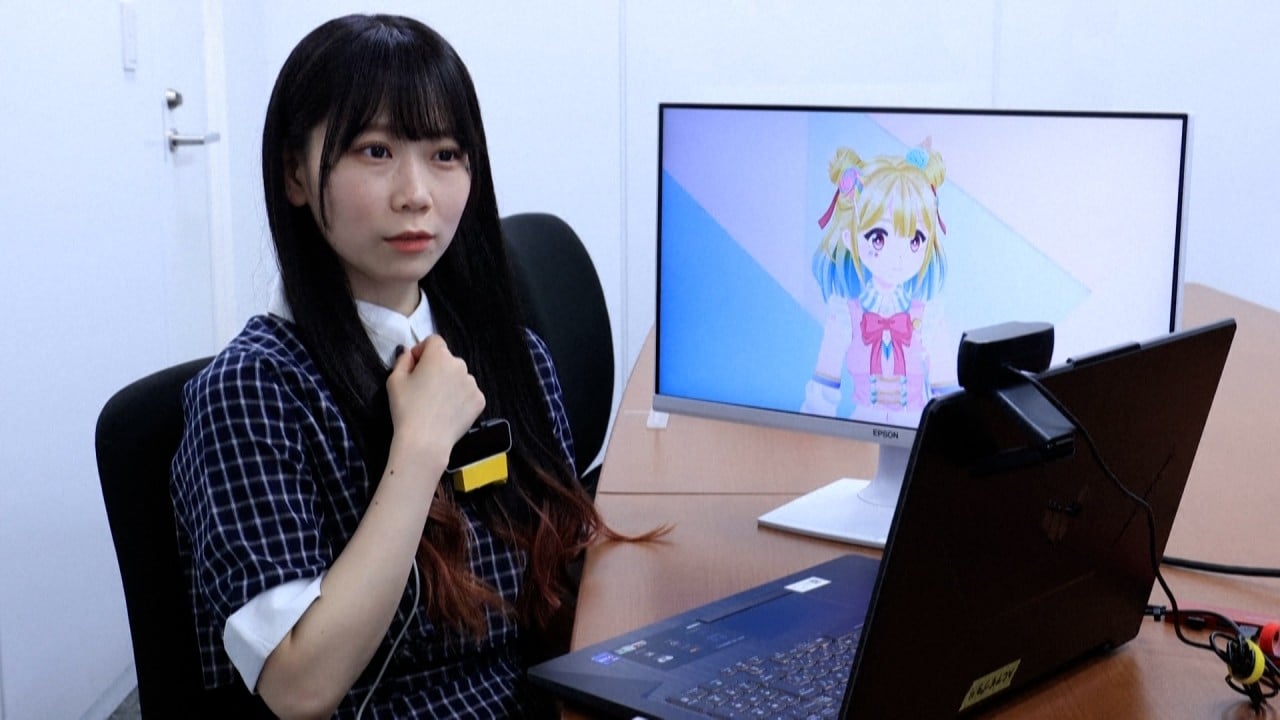
Huafang’s flagship platforms Huajiao and 6.cn focus on entertainment live streaming, and the influencers on the site mainly attract tipping in the form of “virtual gifts” offered via the platforms, through singing and dancing or by chatting with their audience.
The hosts only receive a proportion of the revenue from tips granted by the audience, after the platforms and talent agencies take a cut, according to the company’s filing. Huafang’s platforms take a ratio of revenue from tips ranging from 40 to 85 per cent.
Virtual tipping has become the prominent revenue generator for live streaming businesses, and it helped Huafang generate 1.8 billion yuan in sales for 2021 and 2.1 billion yuan for the first five months of 2022, according to the company.
Virtual gifting is also one of the most profitable channels for Kuaishou Technology, operator of the country’s second-largest short video-streaming platform – making up more than 80 per cent of total revenue from 2017 to 2019. However, Kuaishou made more money from advertising in recent quarters.
For Hello Group, which operates the Momo and Tantan platforms, value-added service revenues – which mainly includes virtual gift revenue and membership subscription sales – accounted for 47.5 per cent of total revenue in the third quarter of 2022.
Investors appear convinced by the model, and shares in Huafang rose 12.5 per cent on their debut on Monday, before adding another 35 per cent on Thursday to close at 4.28 yuan.
The data from Huafang provides an insight into the large wealth gap in China’s live streaming industry, which has been boosted by the pandemic and created some influencers with superstar status.
Some well-known e-commerce live streamers can easily generate daily sales on par with what a large shopping centre can sell in a year.
Austin Li Jiaqi, for example, quickly attracted 50 million viewers in just a few hours when he returned to Alibaba’s live-streaming platform Taobao Live in September, after a sudden disappearance three months before.
However, regulatory pressure still looms over the industry as Chinese authorities put forward multiple policies and laws to control extravagant spending by consumers and discipline hosts who fail to pay their taxes.
In June, China issued new regulations that listed 31 banned behaviours for live streaming, preventing influencers from talking about certain topics or showing off extravagant lifestyles, such as flaunting luxury products and piles of cash.
In the same month Xu Guohao, who used to be the top influencer on social media app Momo, was accused of avoiding over 38.8 million yuan in taxes between 2019 and 2020.



